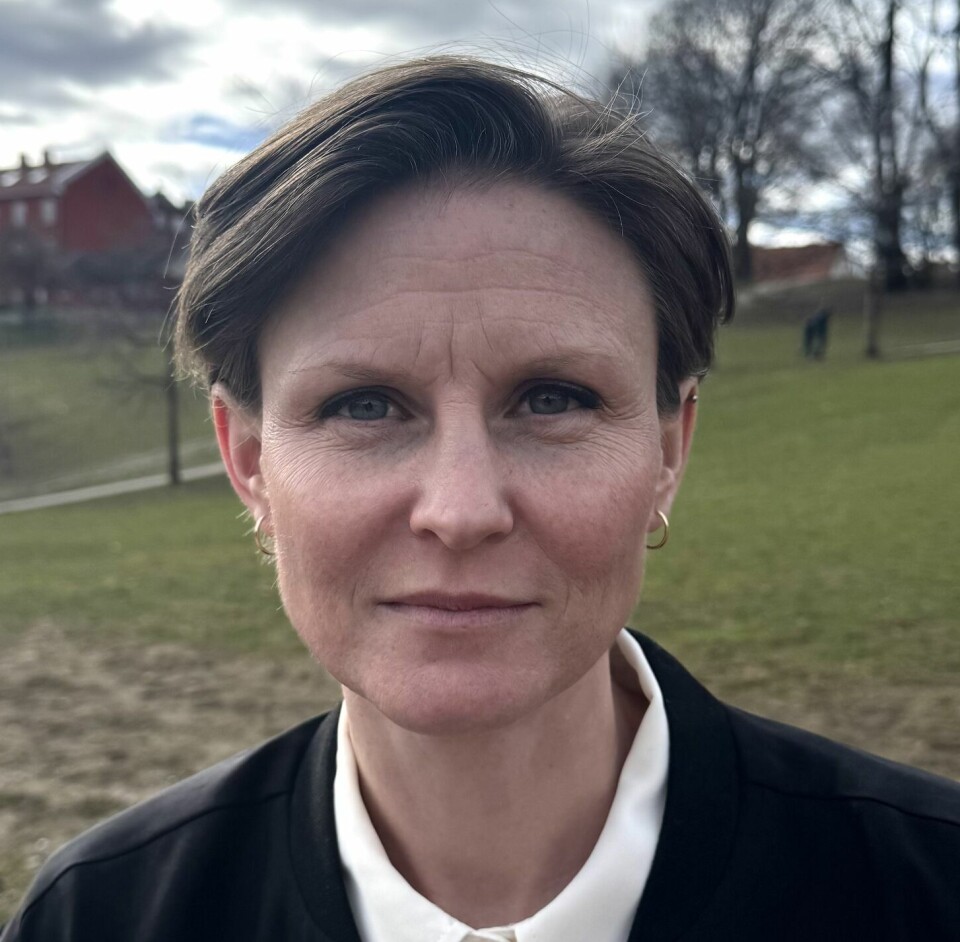THIS CONTENT IS BROUGHT TO YOU BY THE University of Agder - read more
Drama helps people understand their emotions
Psychodrama makes artistic processes a part of public health work.

Psychodrama is a form of therapy where participants explore and act out situations and issues together with others.
“When emotions become visible through dramatised situations, it can help us understand difficult feelings in a way that regular conversation can't,” says Siri Skar.
In her research, she explored how people experience participating in psychodrama groups.
Role-play provides new perspectives
Psychodrama takes place in groups. A participant chooses a theme from their own life to work on. This could be a work conflict or personal problems.

The participant explains the situation. They then select others in the group to play the different roles. For example, someone might play the boss or a partner.
“Everything happens through the eyes of the person who owns the story. It's about putting your own thoughts and feelings in motion to gain new insights and new perspectives,” says Skar.
Through role-play, participants can look at situations from the outside. This often provides new perspectives on the problem.
Recognising personal challenges
There are several reasons why psychodrama works, according to Skar.
The participant can influence their own story. They decide how the story will be told and acted out. This provides a sense of control.
Others can relate. When someone acts out their problems, others often realise they've had similar experiences and feel less alone.
The body is involved. Traditional therapy often focuses on talking. In psychodrama, the whole body is used to express oneself. This makes the experience more powerful.
“Participants say that hearing that others have thought or felt the same can make accepting thoughts and feelings easier,” says Skar.
Immersed in the moment
One of the most important aspects Skar highlights from her research is what she calls immersion. This means participants become completely absorbed in what's happening on stage.
“Through role-playing, participants get the opportunity to surrender to a creative process, which is central to psychodrama experiences,” she says.
In these moments, participants are very engaged and attentive to what's happening. They are transported into a separate world where they can explore new ways of being.
This happens because the whole body is involved, not just the mind.
It is also safe to explore new ways of being within the psychodrama. The group leader stops and starts the process as needed, allowing participants to reflect on what is happening.
“There's a shift between being in the experience and viewing it from the outside. This provides new insights that you don't get through just talking,” says Skar.
Researching emotions
Skar asked participants to write poems and make drawings about their key experiences from the group's psychodrama work.
“I wanted to capture feelings and bodily experiences often lost in simply interviewing participants,” she explains.
A week later, she interviewed them about the poems and drawings. This provided her with greater insight into what meant the most to each person.
From healthcare to workplaces
In Norway, psychodrama is little known. It is mostly used in private practices outside the public health system.
“This practice is often overlooked. I want to show how valuable it can be,” says Skar.
She says the method can be useful in various contexts, such as in healthcare and care services for people with mental health challenges, or in workplaces where there are conflicts between employees.
“We need other spaces for expression than just through conversation. Especially when people lack words for what they struggle with,” says Skar.
In times where many experience loneliness and mental health problems, the research shows how artistic disciplines can also contribute to public health.
“Artistic processes can be health-promoting in themselves,” she says.
Reference:
Skar, S. 'Oppslukt i betydningsfulle øyeblikk: Undersøkelser av deltakeropplevelser og skapende prosesser i psykodrama' (Immersed in meaningful moments: Investigations of participant experiences and creative processes in psychodrama), Doctoral thesis at the University of Agder, 2025. (Abstract)
———
Read the Norwegian version of this article on forskning.no

This content is paid for and presented by the University of Agder
This content is created by the University of Agder's communication staff, who use this platform to communicate science and share results from research with the public. The University of Agder is one of more than 80 owners of ScienceNorway.no. Read more here.
More content from the University of Agder:
-
Research paved the way for better maths courses for multicultural student teachers
-
The law protects the students. What about the teachers?
-
This researcher has helped more economics students pass their maths exams
-
There are many cases of fathers and sons both reaching elite level in football. Why is that?
-
How we used plants to protect ourselves from evil
-
What is it like for nurses to promote health behind bars?




































